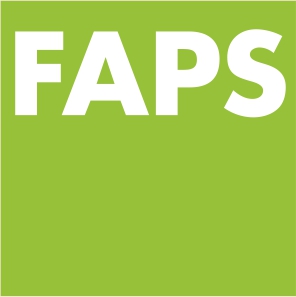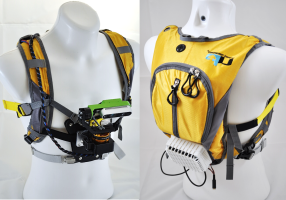Motivation
In 2020, 43.2 million people worldwide were affected by blindness and 295.3 million people suffered from mild to severe visual impairments. Impairments in visual perception present those affected with a wide range of challenges in everyday life, often resulting in limited participation in everyday life and a reduced quality of life.
The research project LOMOBI aims to develop an interactive assistance system for the navigation of visually impaired people in everyday life. Compared to the demonstrator developed so far, this includes both outdoor and indoor areas (see picture). Different navigation algorithms are available in the areas. Therefore, the developed assistance system must be able to distinguish between the different areas.
Aim of the work
The aim of this thesis is the evaluation and implementation of an environment classifier. Within the scope of this work, the possible environments and corresponding use of sensor data for the assistance system are to be derived. In order to distinguish between these regions, a corresponding classifier has to be developed. This must be integrable into the ROS navigation architecture.
Previous knowledge / Notes
Basic programming knowledge and interest in programming should be available. The final navigation architecture is to be embedded in ROS, so prior knowledge of C++ or Python as well as ROS is advantageous, but not necessarily required.
Contact
Further information is available on request by email.

